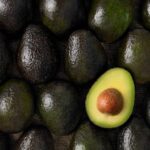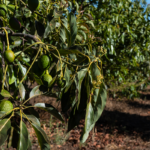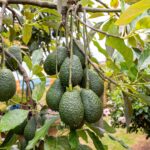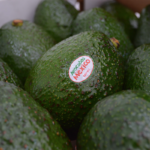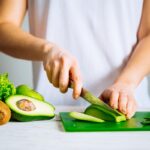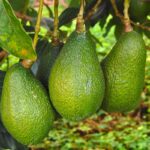Kenyan growers upbeat on exports despite dimethoate ban
Kenyan fresh fruit and vegetable growers expect exports will continue as normal following swift action in moving to new pesticides after insecticide dimethoate was banned recently.
The government banned use of dimethoate earlier this month following the E.U.'s interception of Kenyan french beans and passion fruit which were found to exceed the 0.02 parts per million limit last year.
Fresh Produce Exporters Association of Kenya (FPEAK) chief executive officer Stephen Mbithi, said it was very much a case of business as usual.
"It's not a problem. The matter has been addressed and we have not had any interceptions of our produce in December or January by the E.U.," Mbithi told www.freshfruitportal.com.
He was quick to point out that last year the E.U. also picked up on produce from the Netherlands and Egypt which were found to exceed the dimethoate limit.
Dimethoate is a key ingredient for 25 different chemicals sold in the Kenyan market but is considered dangerous to the environment, marine life, bees and livestock and is also thought to cause cancer.
Mbithi explained that in 2009 the E.U. reduced the dimethoate limit from 0.2 parts per million to just 0.02 ppm, which he described as a dramatic reduction.
Growers were given some time to adjust with the E.U. taking a tough stance on enforcement in 2011, prompting the Kenyan government to introduce a complete ban on the chemical.
Mbithi admitted alternative chemicals were more expensive than dimethoate but that this was an extra cost growers would have to bear.
"We have had to work with the government to ensure farmers follow the rules which some of our members were not very keen on. The E.U. is a very important market for us."
Kenya's fresh produce exports increased by 14% last year to US$1 billion with fresh fruit and vegetables accounting for US$500 million.
Pineapples, avocadoes, mangoes and passion fruit are the main fruit exports, with French beans the key export among vegetables.
The E.U. accounts for 82% of the country's exports with the U.K. the largest import destination at 37%, followed by the Netherlands at 32%, then Germany at 23% with France and other European countries accounting for the remaining 8%.
Related stories: Kenya bans dimethoate

















